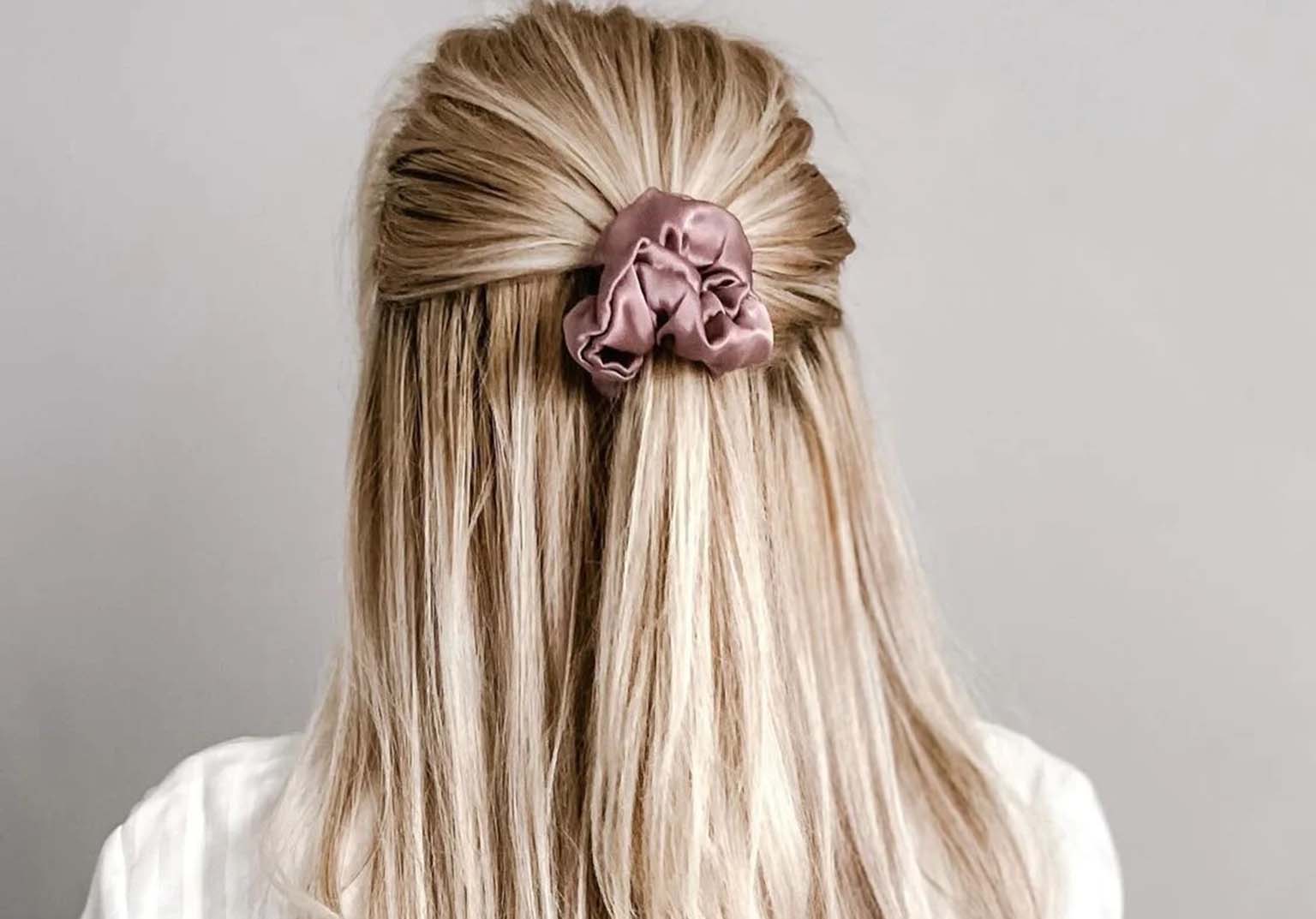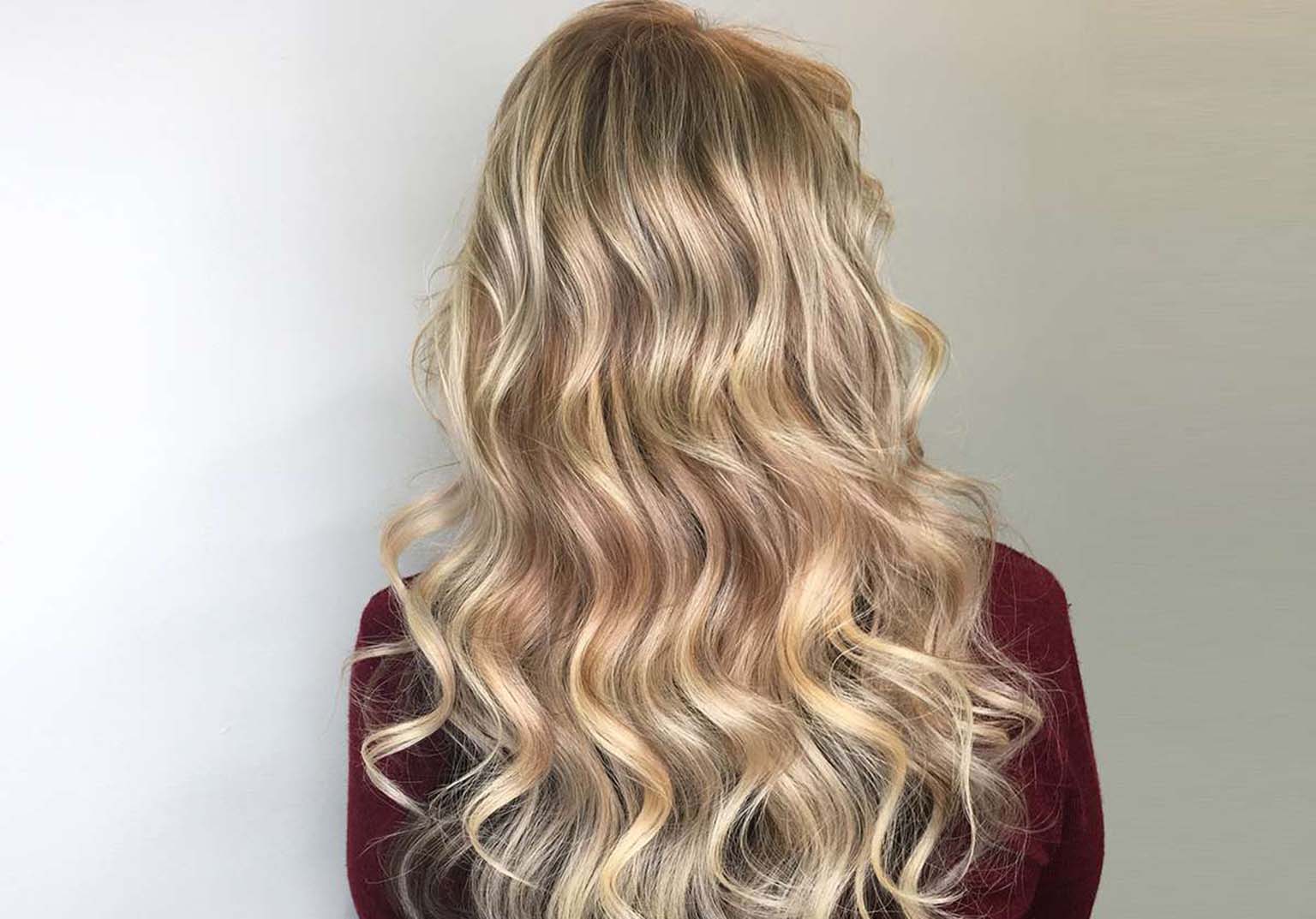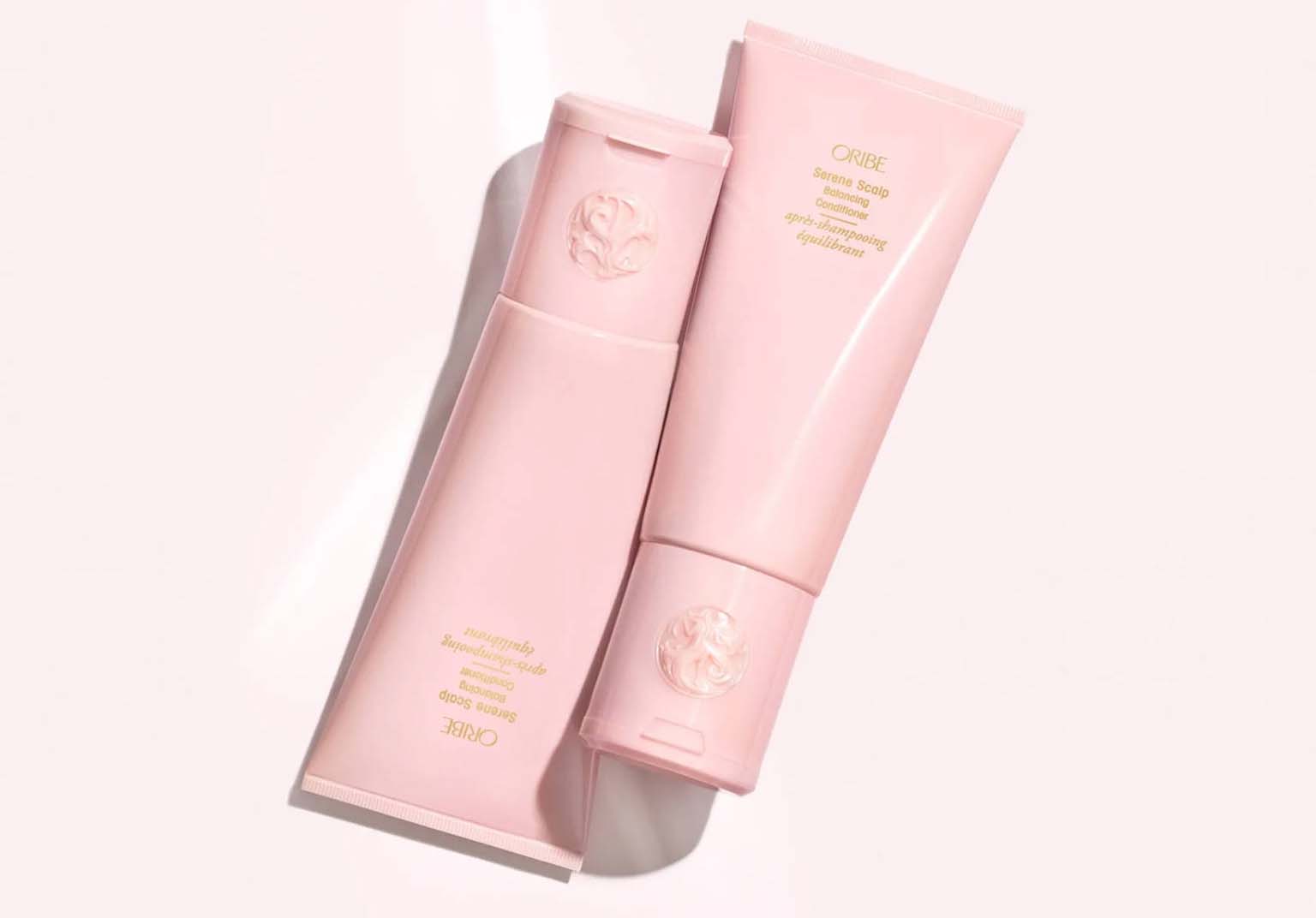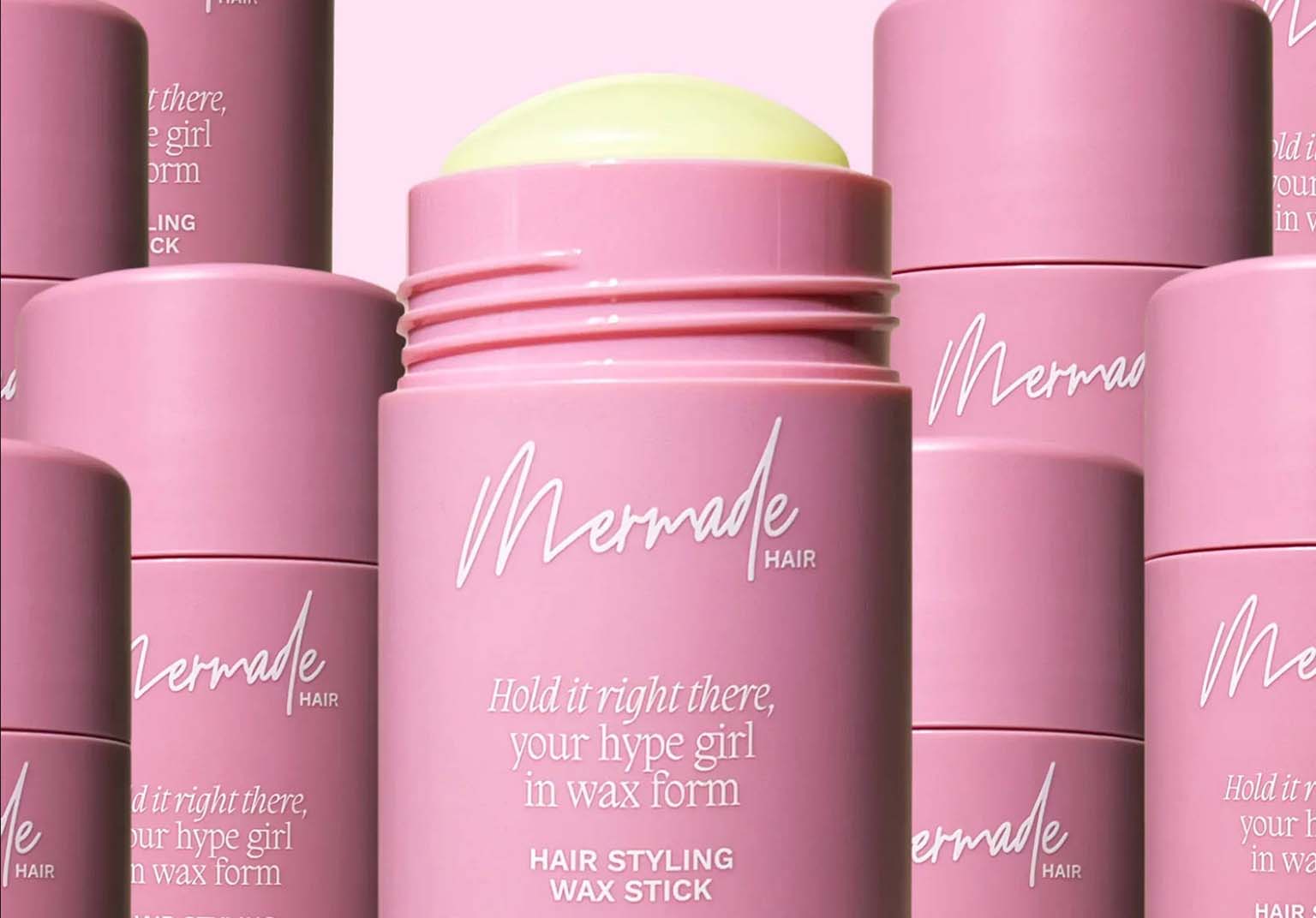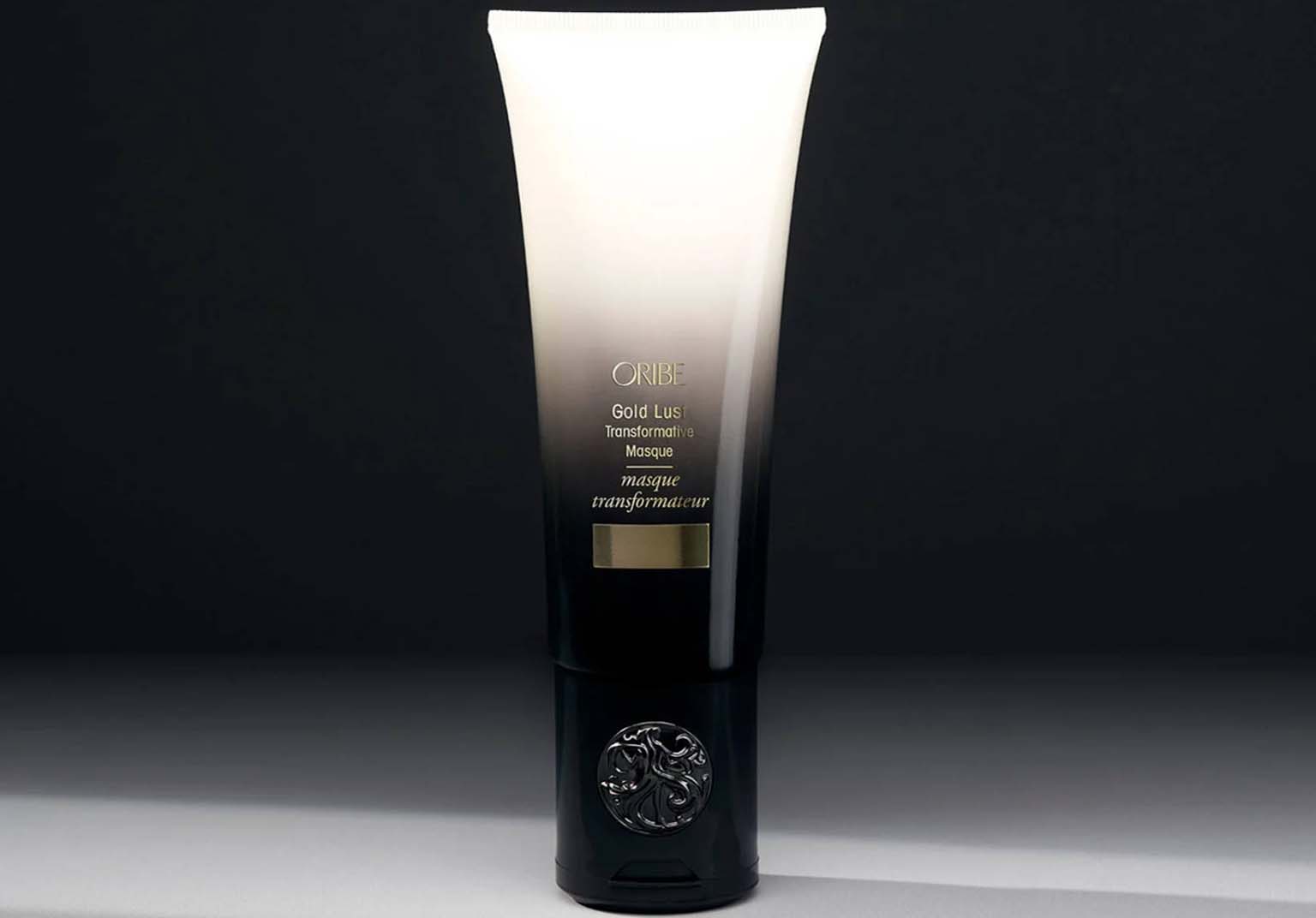Taking care of your hair naturally is more than just using organic products—it’s about understanding what your hair needs, using the right techniques, and being consistent with your routine. Over the years, I’ve come to learn that achieving stronger, healthier hair doesn’t happen overnight, but with a dedicated natural hair care routine, it is absolutely achievable.
In this article, I will share the steps I’ve followed, the products I’ve used, and the natural remedies that have worked wonders for my hair. Whether you have curly, straight, wavy, or kinky hair, these tips will help you create a personalized hair care routine to strengthen and nourish your locks.
1. Know Your Hair Type
Before starting a natural hair care routine, it’s essential to understand your hair type. Knowing whether your hair is straight, wavy, curly, or coily will help determine what products and methods work best for you. Hair type influences your scalp’s oil production, porosity (the hair’s ability to absorb moisture), and how it reacts to humidity or dryness.
- Straight hair tends to get oily faster, so lighter products are recommended.
- Wavy hair can be prone to frizz, requiring moisture without being weighed down.
- Curly hair needs intense hydration to maintain its bounce and definition.
- Coily/kinky hair is the most fragile and dry, requiring heavy moisturizing products.
Understanding your hair’s unique needs is the foundation of an effective natural hair care routine.
2. Start with a Gentle Cleanser
One of the key changes I made to my hair care routine was switching to a sulfate-free shampoo. Sulfates are harsh detergents commonly found in shampoos that strip your hair of its natural oils, leaving it dry and prone to damage. A sulfate-free, gentle cleanser is ideal for preserving the scalp’s natural oils while still effectively cleansing the hair.
For a natural alternative, you can try:
- Apple cider vinegar rinses: Diluted with water, apple cider vinegar restores the scalp’s pH balance, removes product buildup, and adds shine to the hair.
- Rhassoul clay or bentonite clay masks: These clays are great for detoxifying the scalp and gently cleansing the hair without stripping its natural moisture.
I personally love using a diluted apple cider vinegar rinse once a week to keep my scalp fresh and my hair soft.
3. Deep Conditioning for Moisture
No matter your hair type, hydration is essential for maintaining healthy hair. Deep conditioning treatments can penetrate the hair shaft, delivering moisture where it’s most needed. Natural oils, butters, and proteins are key ingredients that help repair damage and prevent breakage.
Here are a few natural deep conditioning methods I recommend:
- Coconut oil: This is my go-to oil for deep conditioning. It penetrates the hair shaft better than most oils, providing moisture and reducing protein loss.
- Avocado mask: A mix of mashed avocado, honey, and olive oil creates a rich, nourishing mask that works wonders on dry, brittle hair.
- Shea butter: Known for its intense moisturizing properties, shea butter helps to seal in moisture and protect the hair from environmental stressors.
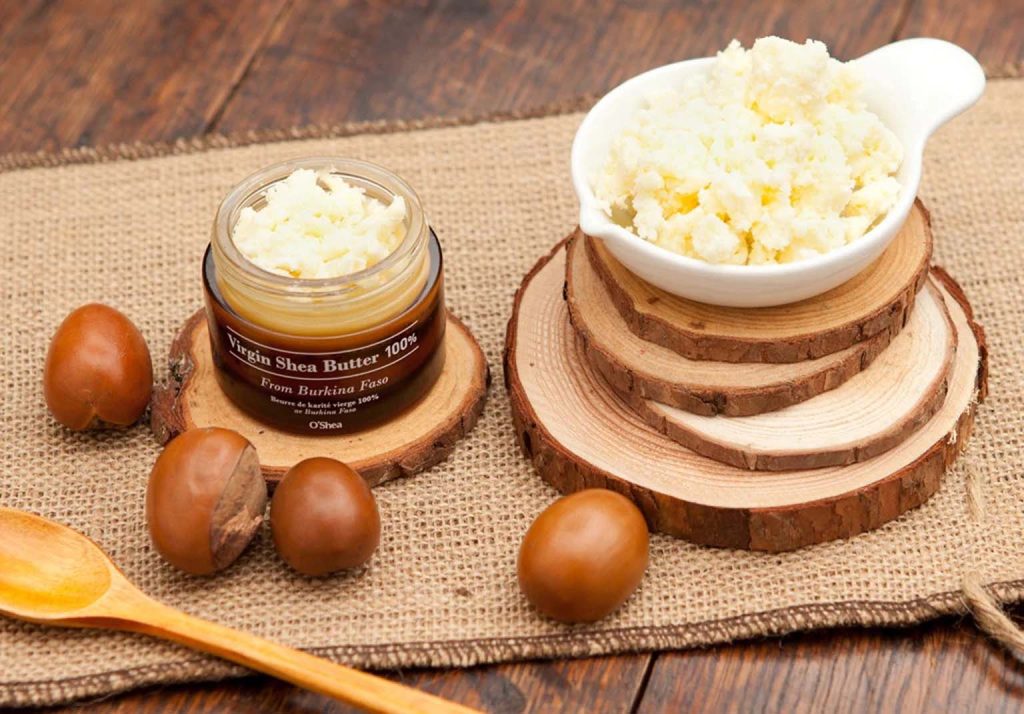
I use coconut oil as a pre-wash treatment by applying it to my hair and scalp, leaving it on for 30 minutes before washing it out. It leaves my hair soft, hydrated, and less prone to breakage.
4. Be Careful with Heat Styling
Heat styling tools like flat irons, curling wands, and blow dryers can cause significant damage to your hair, leading to dryness, split ends, and breakage. If you want stronger, healthier hair, it’s important to limit the use of heat tools or avoid them altogether.
When I do need to use heat, I always:
- Apply a heat protectant: Heat protectants form a barrier over the hair, preventing excessive moisture loss and damage. Look for natural heat protectants with ingredients like argan oil, grape seed oil, or silicone-free options.
- Use the lowest heat setting: High temperatures can cause irreversible damage to the hair cuticle. Stick to lower settings to minimize the risk.
- Air-dry when possible: I try to air-dry my hair as much as possible. It may take longer, but my hair feels healthier and looks shinier without the heat damage.
5. Incorporate Scalp Massages
A healthy scalp is the foundation of strong hair. Regular scalp massages stimulate blood flow to the hair follicles, encouraging hair growth and promoting overall scalp health. Massaging the scalp with natural oils can also help hydrate the scalp and reduce dandruff.
Some of my favorite oils for scalp massages include:
- Jojoba oil: This oil is similar to the scalp’s natural sebum, making it ideal for moisturizing without clogging pores.
- Rosemary oil: Known to stimulate hair growth, rosemary oil can be mixed with a carrier oil like coconut or olive oil and massaged into the scalp.
- Peppermint oil: This oil has a cooling effect that stimulates circulation and invigorates the scalp.
I try to massage my scalp for at least five minutes before washing my hair, and it’s made a noticeable difference in both the health of my scalp and the thickness of my hair.
6. Trim Your Hair Regularly
Even if you’re focused on growing your hair longer, regular trims are essential for maintaining healthy hair. Split ends can travel up the hair shaft, causing breakage and thinning. By trimming every 6-8 weeks, you’ll prevent split ends from worsening and keep your hair looking healthier.
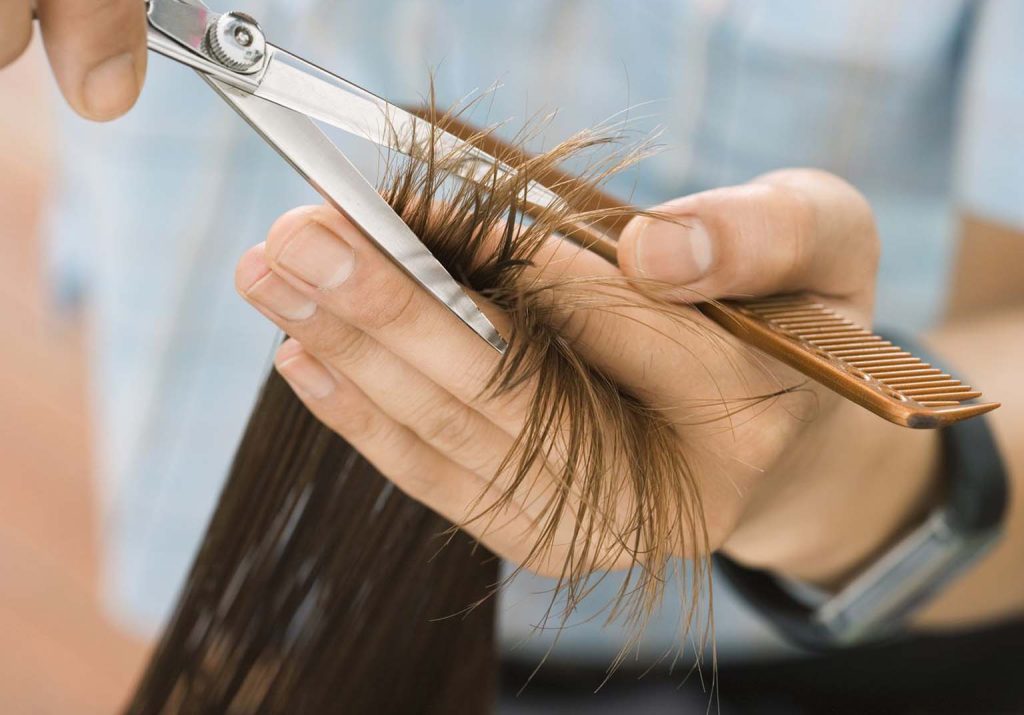
I used to be afraid of cutting my hair too often, thinking it would hinder its growth. However, once I started getting regular trims, I noticed that my hair looked much thicker and grew more consistently.
7. Use Natural Oils and Leave-In Conditioners
Leave-in conditioners and natural oils play a key role in locking moisture into your hair. After washing and conditioning, applying a leave-in treatment helps protect your hair from environmental damage and keeps it hydrated throughout the day.
Some of my favorite natural leave-in conditioners include:
- Aloe vera gel: Known for its hydrating and soothing properties, aloe vera is excellent for softening the hair and promoting a healthy scalp.
- Argan oil: Packed with vitamin E and fatty acids, argan oil is ideal for adding shine and reducing frizz.
- Castor oil: This thick oil is rich in ricinoleic acid, which helps prevent hair breakage and promote stronger hair.
I love using aloe vera gel as a leave-in treatment for its light texture, and I’ll seal it with a few drops of argan oil to add extra shine and reduce frizz.
8. Protect Your Hair While Sleeping
One of the most overlooked aspects of a natural hair care routine is protecting your hair while you sleep. Cotton pillowcases can cause friction, leading to breakage and frizz. I switched to a silk or satin pillowcase, which reduces friction and keeps my hair looking smoother in the morning.
Additionally, you can protect your hair by:
- Using a silk or satin bonnet or scarf: Wrapping your hair before bed helps prevent tangling and breakage.
- Braiding or twisting your hair: For longer hair, braiding or twisting can help keep it in place and minimize friction.
These simple changes have made a huge difference in reducing breakage and frizz in my hair.
9. Eat a Healthy Diet for Strong Hair
What you put into your body is just as important as what you put on your hair. A diet rich in vitamins and minerals supports hair growth and overall health. Key nutrients that promote healthy hair include:
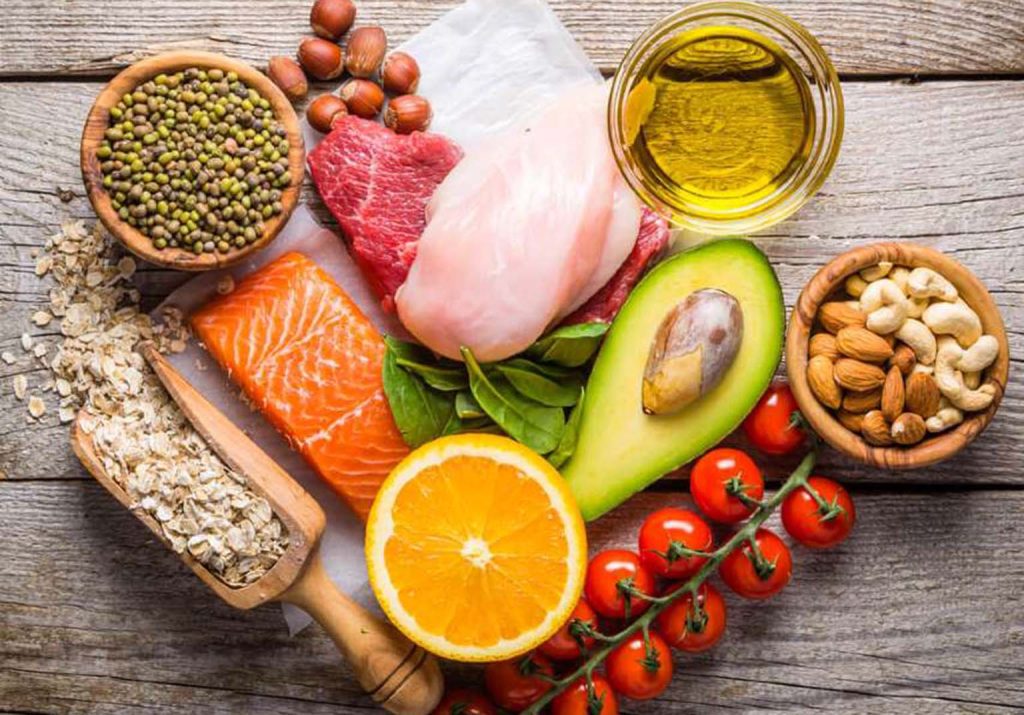
- Biotin (vitamin B7): Found in eggs, nuts, and seeds, biotin strengthens hair and promotes growth.
- Omega-3 fatty acids: Found in salmon, flaxseeds, and walnuts, omega-3s keep your scalp hydrated and reduce inflammation.
- Vitamin E: Found in spinach, almonds, and sunflower seeds, vitamin E promotes scalp health and improves hair texture.
I’ve noticed that when I focus on eating a balanced diet with plenty of these nutrients, my hair grows faster and looks healthier.
10. Stay Consistent
Finally, the most important aspect of any natural hair care routine is consistency. Results won’t happen overnight, but with patience and dedication, you’ll start to see stronger, healthier hair over time.
By sticking to a routine that includes regular deep conditioning, protective styling, and using natural products, I’ve been able to transform my hair from damaged and brittle to healthy and strong.
Achieving stronger, healthier hair doesn’t have to be complicated. By using natural products, limiting heat styling, and following a consistent routine, you can restore your hair’s health and achieve beautiful, luscious locks. Remember to listen to your hair’s needs, be patient, and enjoy the journey of nurturing your natural hair.
